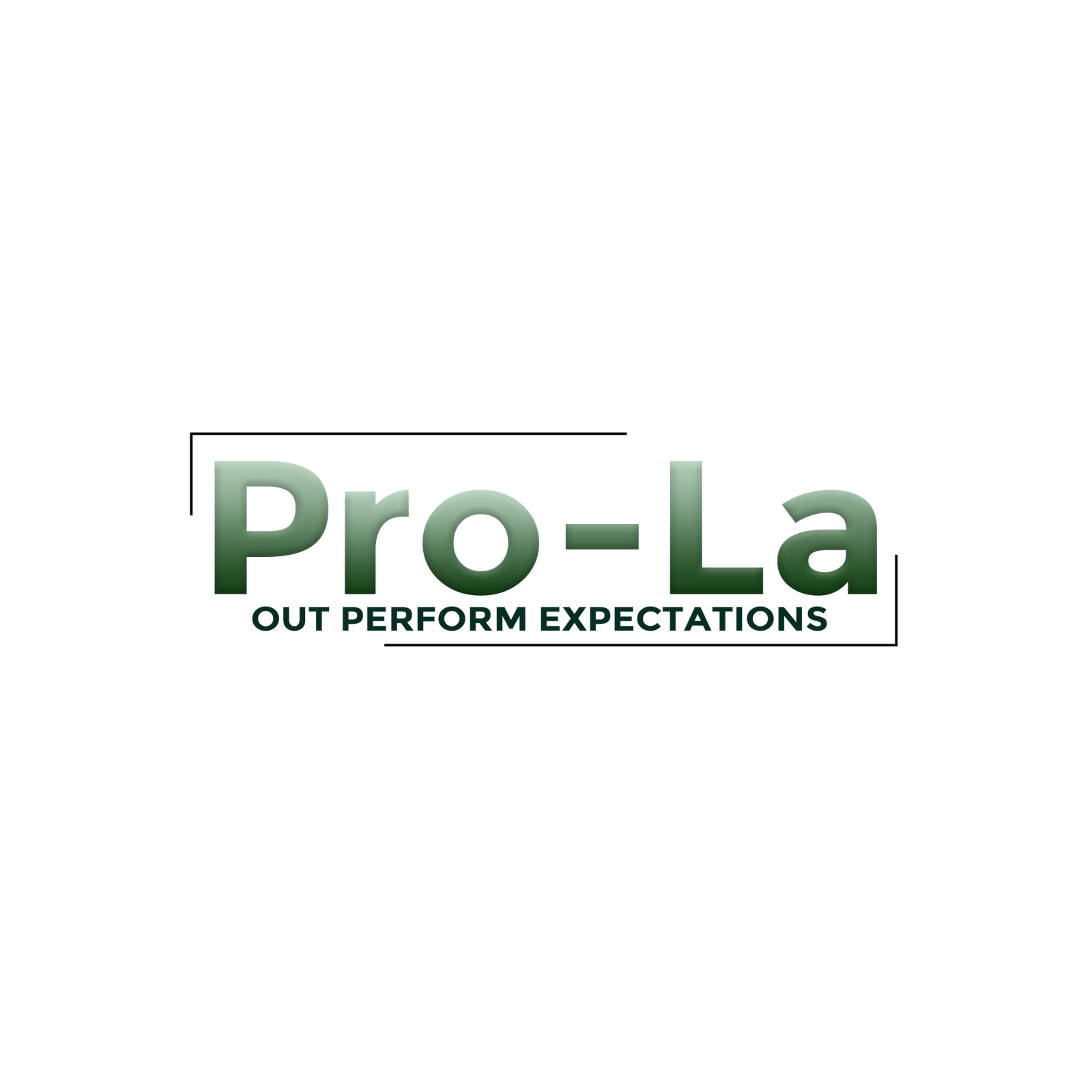
OFLC Publishes List of Randomized H-2B for Employers Seeking H-2B Workers Starting April 1, 2024
The H-2B visa program in the United States allows employers to hire foreign workers for temporary non-agricultural jobs when they cannot find American workers to fill those positions. The demand for H-2B visas often exceeds the annual cap set by the government, leading to a lottery system in which selected applicants receive visas.
Here’s an overview of the H-2B visa lottery and the different groups involved:
- Cap on H-2B Visas: The U.S. government sets an annual cap on the number of H-2B visas available. As of my last knowledge update, the statutory cap was set at 66,000 visas per fiscal year, divided into two halves for the spring/summer and fall/winter seasons.
- Initial Filings: Employers must file a petition with the U.S. Citizenship and Immigration Services (USCIS) to request H-2B visas for their prospective employees. Once USCIS receives more petitions than the available visa slots, a lottery system is often used to randomly select petitions for further processing.
- Random Selection: USCIS conducts a randomized selection process, or lottery, to select the petitions that will move forward for processing. This lottery is usually conducted among all the petitions received within a specific timeframe until the cap is reached.
- Priority Groups: USCIS divides the petitions into different priority groups during the lottery process. The priority groups include:a. Returning Workers: Petitions for returning workers who were previously granted H-2B status in the past three fiscal years are typically given priority.b. All Other Petitions: Remaining petitions, including those for new workers or workers who haven’t held H-2B status in the past three fiscal years, are placed in this group.
- Lottery Selection: USCIS first conducts the lottery among the petitions for returning workers to fill the first half of the annual cap. After that, if slots remain available, they conduct a lottery among the petitions in the “all other” category.
- Notification: Petitioners whose applications are selected in the lottery are notified by USCIS and can proceed with the visa processing for their employees.
- Unselected Petitions: Petitions that are not selected in the lottery process are returned to the petitioners along with their filing fees.
- Group B – All Other Petitions:
- This group includes petitions for H-2B workers who are not classified as returning workers (i.e., workers who have not held H-2B status in the past three fiscal years).
- Petitions for new H-2B workers or those not previously granted H-2B status fall into this category.
- Group B comprises petitions that are considered after returning worker petitions (Group A) have been reviewed and selected in the lottery, assuming there are available visa slots remaining.
- Group C:
- If the cap is not reached after considering petitions in Group B, Group C comes into play.
- This group might include petitions for workers from specific countries that have separate agreements or exemptions.
- It may also consist of petitions filed for beneficiaries who are exempt from the H-2B cap as per specific legislative provisions.
- Group D:
- Similarly, if the cap is still not reached after considering Groups B and C, Group D petitions are reviewed.
- This group might include petitions for workers seeking employment starting after April 1 of the fiscal year.
- Group E:
- If there are remaining visa slots after considering the previous groups, Group E petitions are reviewed.
- This group might encompass petitions for workers seeking employment starting after July 1 of the fiscal year.
- Group F:
- If there are still available visas after processing Groups B through E, Group F petitions are considered.
- This group could include petitions for returning workers seeking employment after April 1 of the fiscal year.
- Group G:
- Lastly, if there are remaining visa slots after processing the earlier groups, Group G petitions are reviewed.
- Group G typically includes petitions for returning workers seeking employment starting after July 1 of the fiscal year.
Furthermore, there are an additional 20,000 visas available for workers from the following countries: Guatemala, El Salvador, Honduras, Colombia, Ecuador, and Haiti (country-specific distribution). These visas have not yet been used up. These employees may be brand-new or returning.
Proactive Labor LLc focused primarily on the northern triangle with a curated database of applicants from multiple industries, to meet your recruiting needs.
OFLC Publishes List of Randomized H-2B Applications Submitted January 2-4 for Employers Seeking H-2B Workers Starting April 1, 2024

